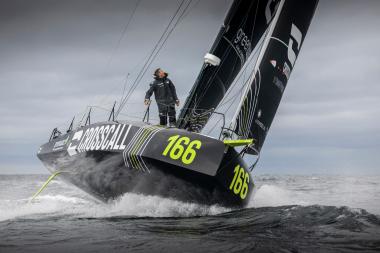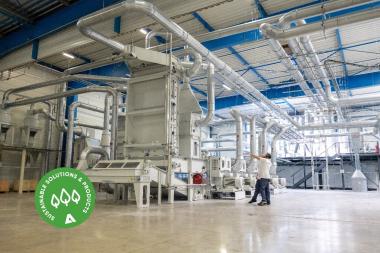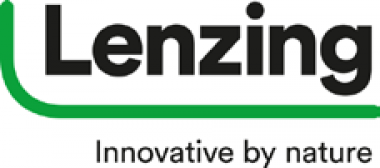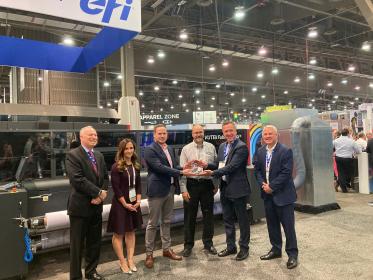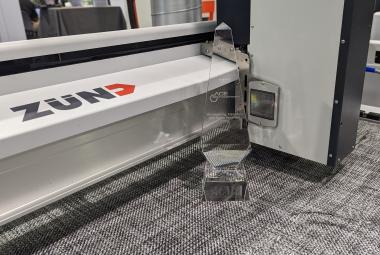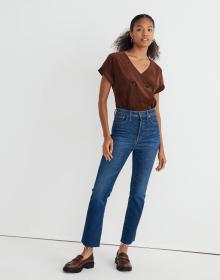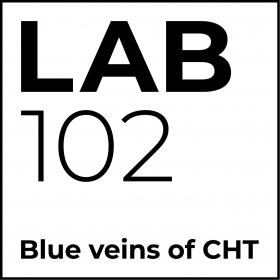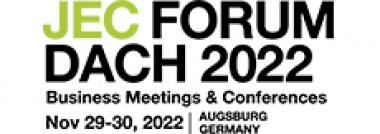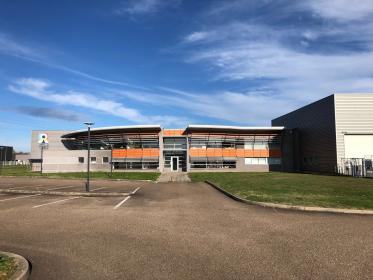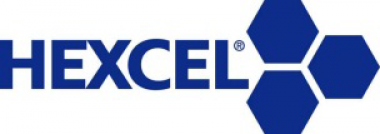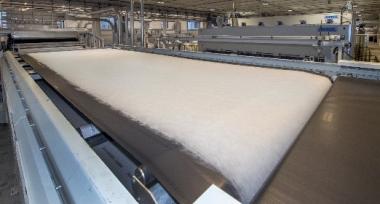Grand Largue Composites and Sicomin enable flax-fibre-built Racing Yacht
Fibres, fabrics, epoxy resins and adhesives from Sicomin have been used by Grand Largue Composites (GLC) to construct the first Class40 racing yacht to feature a significant quantity of flax-fibre reinforcements.
The yacht, called Crosscall, won the Class40 World Championships in June 2022 and is a prototype of the new Lift V2 design by Marc Lombard, one of the leading naval architects in this field.
Class40 is one of the most competitive fleets in yacht racing. The hulls of Class40 yachts must be light in weight, strong and stiff, and durable in the most extreme of conditions. Furthermore, to keep costs down, they cannot be reinforced with carbon fibres. The quality and reliability of the resins used for the infusion and lamination of the hulls are therefore of paramount importance.
Crosscall's cockpit was designed to be effectively non-structural, with the mainsheet, which can generate huge shock loads, supported separately. This would allow the cockpit to be made from a hybrid biaxial fabric comprising 50% flax fibres. Other parts of the boat that incorporate flax fibre include the tunnel, the engine cover, the ballast tanks and the cap. The rest of the boat is reinforced with 100% glass-fibre fabrics.
To help it realise this ambitious design, GLC, an infusion specialist, turned to its long-time material supplier, Sicomin. The hull was moulded and infused in one piece and the deck – including the hybrid flax-fibre cockpit – was also infused as a single part. The internal structure was then laminated into the hull by hand before the hull and deck were finally bonded together.
The infusion resin selected was Sicomin’s SR 1710, a high-modulus structural epoxy. Designed specifically for use in infusion and injection processes, it has exceptionally low viscosity and its low-reactivity hardener makes it suitable for the production of large parts. Composites components made from SR 1710 possess high interlaminar shear-strength and the resin retains its mechanical properties in wet environments.
Sicomin’s low-toxicity SR 8200 was used to laminate the internal structures onto the skin of the hull. Ideal for hand laminating, this system includes a choice of hardeners with a wide range of reactivities, which makes it equally suitable for making large or small parts. The hull and deck were joined together with Sicomin’s Isobond SR 7100, which demonstrates high fatigue strength and is very resistant to microcracking.
An epoxy bonding primer – called Undercoat EP 215 HB+ and supplied by Sicomin’s sister company, Map Yachting – was applied to the moulds first to make demoulding easier. It also serves as an undercoat in the polyurethane exterior paint system that is used instead of gelcoat to protect the epoxy hull from UV damage.
Since the launch of Crosscall, GLC has started building a second Lift V2 Class40 and a third one is now planned, both for which Sicomin will supply the materials.
Sicomin / 100% Marketing


